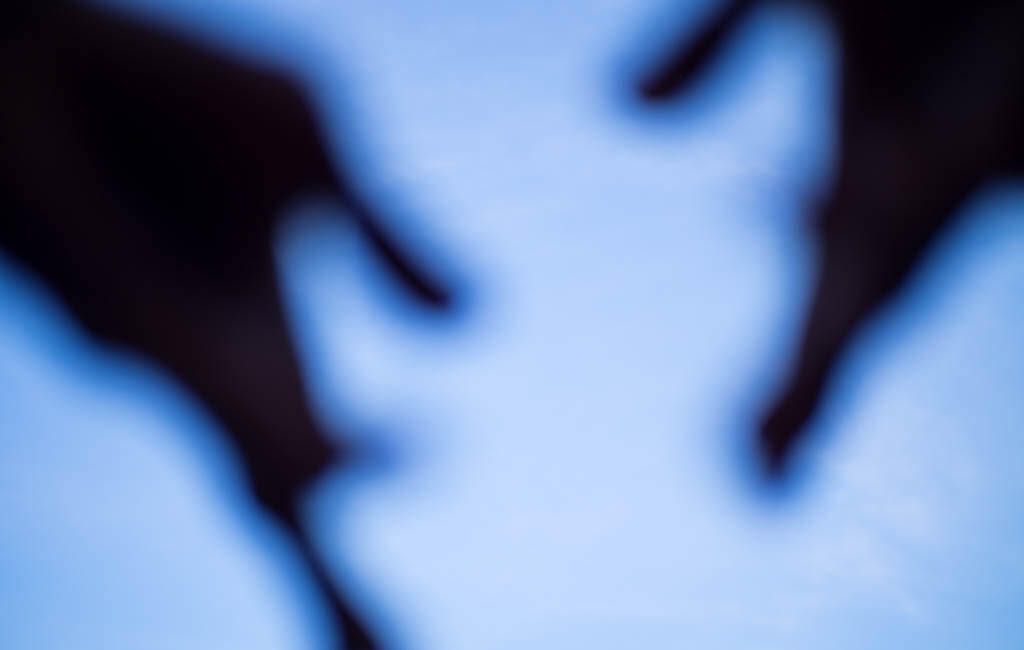“To write is human, to receive a letter divine.”
– Susan Lendroth
“How wonderful it is to be able to write someone a letter,” wrote Japanese novelist Haruki Murakami in his 1987 novel Norwegian Wood. “To feel like conveying your thoughts to a person, to sit at your desk and pick up a pen, to put your thoughts into words like this is truly marvelous.” I know that feeling well. I have been scribbling letters since I was a kid. I moved around a lot during my younger years and I quickly realized that letters were the only way I could stay in touch with my friends in the old neighborhoods. Long-distance phone calls were too expensive for just idle chit-chat. My mother was, and still is at age 95, an inveterate letter writer and it rubbed off on me.
Later in life, as I pursued literary studies while attending university, and later during my graduate school career, I found myself immersed in the lives of various writers and the philosophies from which their works evolved. Johann Wolfgang von Goethe believed letters “are the most significant memorial a person can leave behind.” My early letters were probably not how Goethe defined them. They included descriptions of my new surroundings, my new school and the people I met there, and new adventures in a new place. The letters were sent for a few weeks, maybe a few months, before my new life eclipsed the old one.
My letters took on a more utilitarian character the older I became. “More than kisses,” wrote John Donne. “Letters mingle souls.” Letters to family and friends kept me connected when I was traveling on my own. There were letters home from summer camp to fend off loneliness with the hope I would receive letters at mail call. I agree with Lord Byron who suggested that letters combine solitude with good company. I wrote regularly to my parents when I was in college, and when I was living and studying in Europe. Once again, it proved the least expensive and most practical way to stay in touch with my other life, a life conducted in my native English.
So why do I keep writing letters in the age of e-mail, tweets, and various social media platforms? All of these anticipate an immediate response before they are buried by the onslaught of more statements and inquiries from cyberspace. It’s very simple. I prefer to think about what I want to say and how I want to say it; to let it marinate before I serve it up. I feel the same way about telephone calls even now when they are cheaper than ever before. To this day I dislike talking on the phone for more than a quick exchange of timely information. If you answer the phone you are immediately tethered to another individual’s purpose and timetable. You are obliged to converse, even respond, to information and inquiries you are otherwise unfamiliar with. But a letter? One can open it when it is opportune to do so. One can hold it in one’s hands. Sniff it for the scent of the writer. Feel the paper. Study the return address, the postmark, the stamp affixed in the upper right corner. It remains a mystery until you open it. Then comes time to read it and decide when and how to respond. Freud believed that letters need not include useless information, or that which is already known. They should always impart “something new.” You are in control. “I’ll write to you,” wrote Murakami in After Dark (2004), “A super long letter, like an old fashion novel.”
For the past decade, since my retirement, I have had more time to focus on personal matters and projects. I have made it a practice of getting up, brewing a pot of strong coffee, and then writing a letter or two. Sometimes I type them but more often than not they are handwritten. I have discovered that this is a good way to stir the daily pot, to get the creative juices flowing and mixing for whatever I hope to accomplish that day. Hemingway confessed that the reason he liked to write letters was “because it’s such a swell way to keep from working and yet you feel you have done something.” I don’t look at it quite that way, but if the desired work is not forthcoming, these letters are evidence of my time and effort. A day well spent regardless.
My letter writing has taken on a new dimension since the onset of the worldwide COVID-19 pandemic in March 2020. I continue to write letters to my family and a few close friends as I have for years, but for several months now I have been rummaging through my address book and sending letters to friends and acquaintances who under normal circumstances would only hear from me at Christmas, if at all. They are not just short notes with a few words of greeting and my signature. I ask them how they are and if they are staying safe and healthy. I share a few details about my own life and situation and, like my time at summer camp, I hope I might receive a letter in return. Some have remained silent, and I am not terribly surprised. So few people write letters these days. Some have replied with an e-mail or on Facebook and that’s fine. They made the effort to reply and I am happy to hear from them. But every once in a while, when I go to our mailbox, I find a letter with an unfamiliar return address. I hold it in my hand and savor it. I sniff and feel the paper as I study the postmark and stamp. Ms. Lendroth is correct. To receive a letter is divine. I smile. Regardless of its contents, for a moment there is a mingling of souls.
Steven B. Rogers
Steven B. Rogers is a Washington, DC-based historian and research consultant. His poetry, essays, criticism and reviews have appeared in several publications, including Gargoyle, Down East, The Thomas Wolfe Review, The Steinbeck Quarterly, and others. He is the editor of A Gradual Twilight: An Appreciation of John Haines (CavanKerry Press, 2003). His blog "Looking Toward Portugal" can be found at www.lookingtowardportugal.

